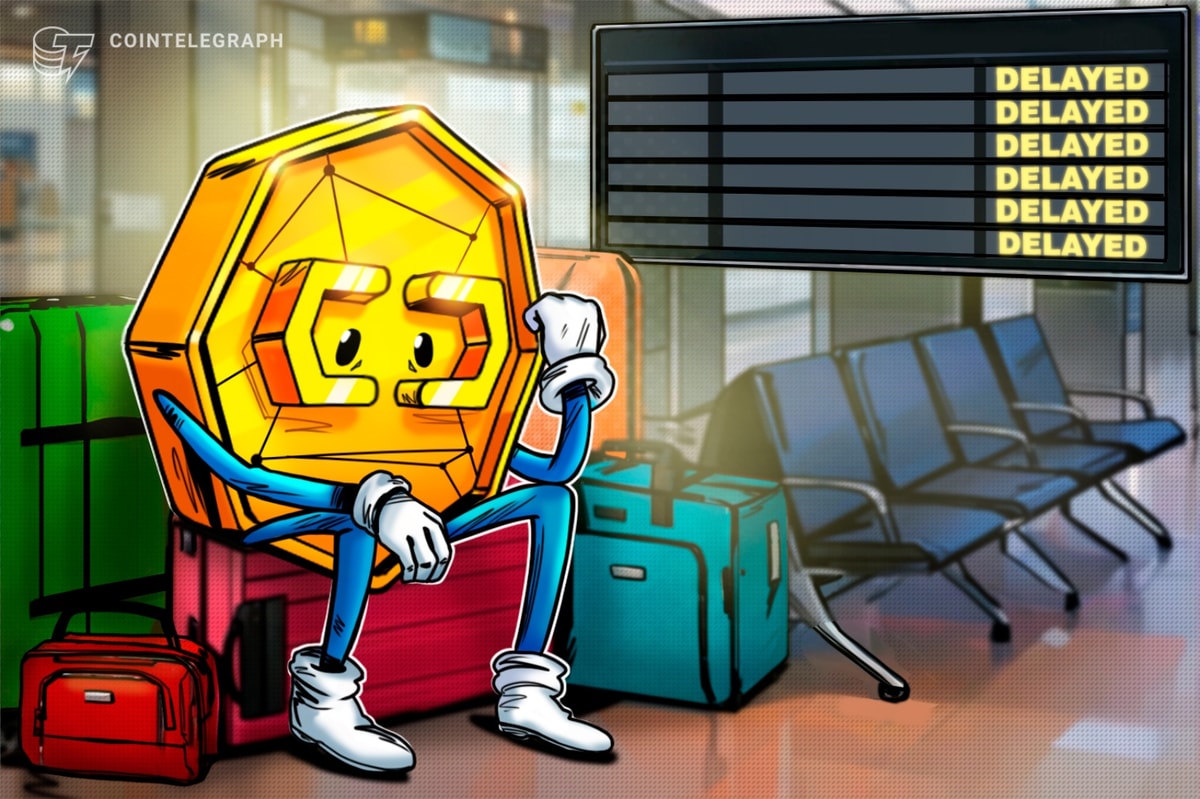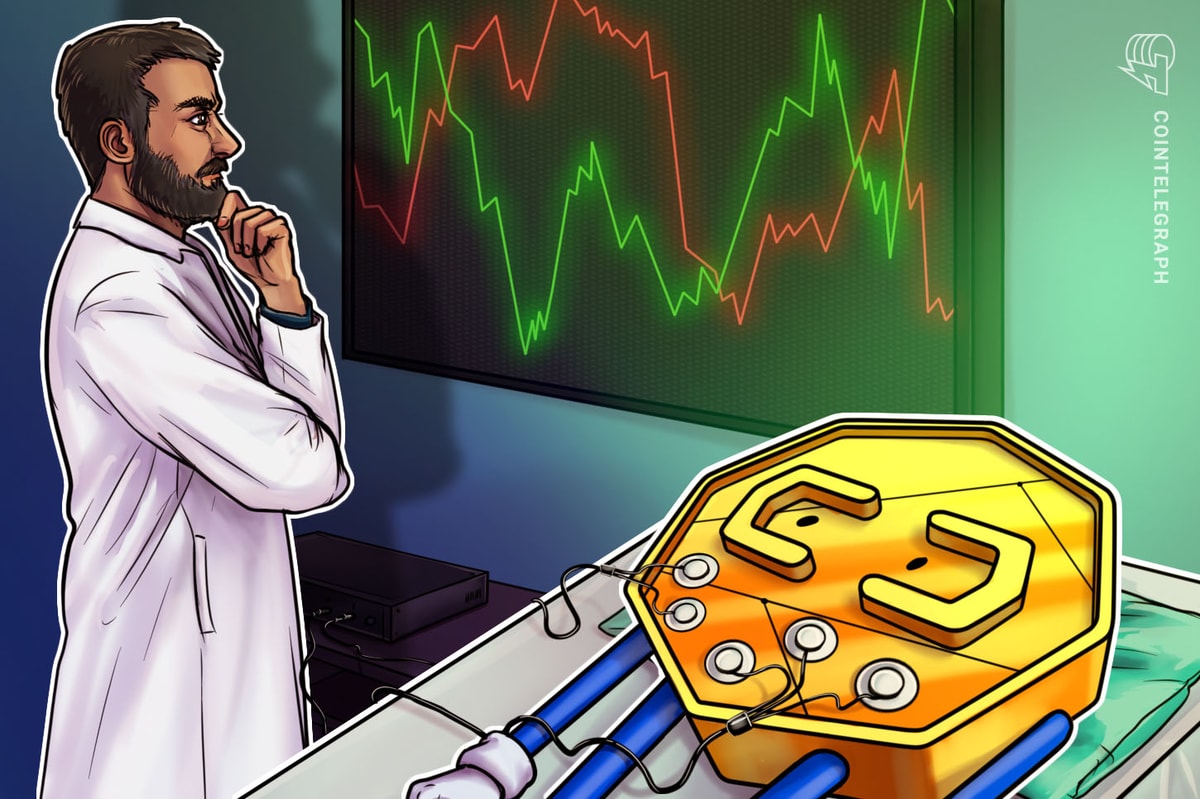Ethereum, the decentralized application and smart contracting platform prepares to shoot the starting gun, as their Frontier release reaches 99% 98% completion. Miners, who have been waiting a year since the crowdfund, have begun sharpening their GPU pick axes.
[Update: Another bug seems to have been added over night, bringing it back to 98%]
Imagine a day when you want to go meet some friends for a drink. You pull out your iPhone 13, open the decentralized uber app, and using your preferred cryptocurrency, you pay for a smart cab.
The vehicle has no steering wheel. It does not need one. Artificially intelligent driving software issues an offer to pick you up, competing with 50 other smart cabs in the area. The best deal locks in on the blockchain exchange and a few seconds later the cab arrives, ready to facilitate and enhance the rest of your night out.
The door closes behind you as you walk onto your front lawn. The door can only be opened by those with a specific crypto token, which like Bitcoin, can be transferred to your family or friends, as you see fit.
From the inside, it looks more like a club lounge than a taxi, very much like high-end limousines look and feel today, except in the size of a 4-door sedan. Since smart cars virtually never crash, you don't really need a seat belt, and all chairs are facing the center of the vehicle. You are served a cocktail to get you started as you journey to the restaurant.

Everything in your home, from your toaster to your washing machine, can be controlled digitally and from anywhere in the world. You remember, as you drive to the gathering, that you forgot to start the dryer. No problem, there's an app for that too. Just approve the right micro transaction on the blockchain with a voice command to your smartwatch.
This future is not hard to imagine. This is only a small glimpse of everything being made possible by technologists today, and the blockchain promises to deliver an essential piece of security and simplicity to the rising Internet of Things.
Utopia or Dystopia?
To some this might seem like a dream land, a place where agreements are completely peer to peer, enforced by mathematics, not by law, nor corruptible human bureaucracies and our biases.
To others, the knowledge that is hard-earned through the daunting insecurities of technology systems and through ubiquitous and scandalous hacks could spell disaster for such a world, especially should control of all human tools be hijacked by malicious actors. The security of our information systems is, therefore, of utmost importance, since this future is near. The Internet of Things at this scale is a reality waiting to happen. The question is, will it be secure?
Well, as far as security in the Age of Information goes, blockchains are very promising. Bitcoin has proven that decentralized networks can hold massive amounts of value. While individual parties may be hackable, such as the graveyard of centralized Bitcoin exchanges and wallets, still the protocol remains whole, and the economy vibrant and growing.
Ethereum is among such blockchain technologies, and it is believed by many to be one of the most promising and anticipated decentralized smart contracting protocols in development today.
Its vision, brought to us by distributed consensus engineer and visionary, Vitalik Buterin, is about to take its first step out of a two-year development cycle that has up until now been confined to test networks.
It will go down in history as having been one of the most successful crowdfunded projects hands down, having raised over US$18 million in September 2014. As of today, it sits in third place as having raised the most money among crowdfunded projects, ever.
Ethereum, of course, is not only being developed by Buterin. The Ethereum community is as international and decentralized as its protocol, composed of hundreds of volunteers and a large operations and development team. It includes Gavin Woods, Stephen Tual, Jeffrey Wilcke and many more. And they are building on the work of many before them, as we all are.
In fact, the term 'smart contract' dates back to 1993, credited to pioneer Nick Szabo.
Are We There Yet?
“Frontier” is the name of the first release of the Ethereum main chain, and it is called that for a reason, as illustrated by a documentation on the release, which states:
“The Frontier is the first live release of the Ethereum network. As such you are entering uncharted territory and you are invited to test the grounds and explore. There is a lot of danger, there may still be undiscovered traps, there may be ravaging bands of pirates waiting to attack you, but there also is vast room for opportunities.”
The document goes on to warn that Frontier is a command-line-heavy release. Those hoping for an easy-to-use interface are advised to “step back, watch from a distance for a while and wait until more user friendly tools are made available,” although there are some user interfaces in development, such as Mist and AlethZero.
This, however, should not discourage miners and tech-savvy entrepreneurs looking for the next gold rush. If there was ever a hot coin to mine, it might be this one.
While there is no official launch date yet — and I would not hold my breath for a “Heads up, we are launching Thursday” — there has been recent speculation that Frontier will launch within the next two weeks or so.
One obvious reason is the milestone barometer that follows the progress of the Frontier release. It was at 98% earlier this July. Now it sits at 99% 98%.
Stephen Tual also made a post on July 15 in which he suggests that the release is very close. Here are two clues he left:
“We're very happy with the way Olympic [the Frontier testnet pre-release] took shape, so much so that many of the Frontier gotchas (chain reset at Homestead, 10% mining rewards, checkpointing) were deemed unnecessary.”
“Eight days ago we entered feature freeze. Meaning we are focusing exclusively on fixing bugs in the Geth codebase right now, we're not adding new features anymore.”
Fairlay's prediction market is also betting on whether “Ethereum frontier goes live before August,” with 113 votes and a roughly a 20% weight towards yes. Participants also seem very confident Frontier will launch before September. [Update: Prediction markets seem to also have shifted over night, this is an updated image]

Ethereum will use a mixed approach to their security protocol, starting off with a miming phase to distribute the ether units of account and then shift towards a proof of stake algorithm. Though details as to exactly when also seem to be scarce and in development.
Tual points out that there is still a “lot of admin processes to deal with: [ensuring] we have a strategy to recover from forks, a well rounded helpdesk, etc.” He adds that, “Once we are happy that Frontier is 'done' and that the aforementioned processes are in place, we'll publish a blog post explaining the next steps. We still won't give a date, but at that point miners will want to be sure to be ready.”
Which brings us to mining.
Mine Me Some Ether!

— RC2 mining rig, “‘Olympic' edition,” named after the last proof-of-concept Ethereum test release
Tual has published a very detailed “How to Mine Ether” guide and FAQ, where he also describes a GUI for miners called EthMiner. It uses its own algorithm called “EtHash” a “Hashimoto / Dagger hybrid.”
I asked on r/ethereum, “What are my chances of actually mining any Ether on Frontier release, and how would I do it?” I received one particularly insightful response from redditor “playingethereum,” who said:
“The chances are incredibly good if you own a GPU with greater than 1 GB of video memory. You'll need to set up your miner in advance. Ethereum has a very fast block time (12 seconds), so lots of people will find a couple blocks. The trade off is that the value of the blocks is significantly less than you would expect with bitcoin. For example, a current bitcoin block is worth ($300 * 25 bitcoin) = $7500, while an Ethereum block might be worth about ($3 * 5 ether) = $15.00.”
Keep an eye out for updates on those numbers.
Waiting for the Starting Gun
Some of the popular and anticipated projects waiting for Ethereum to launch include:
- Augur: Decentralized prediction market.
- EtherEx: “Fully Decentralized crypto currency exchange”
- EtherParty: An easy-to-use interface for designing smart contracts, including visual design
Though there are plenty of projects being developed on the sidelines of Ethereum and there's likely some buried, undiscovered gems, most of them preparing and waiting for the starting gun. Boom.











